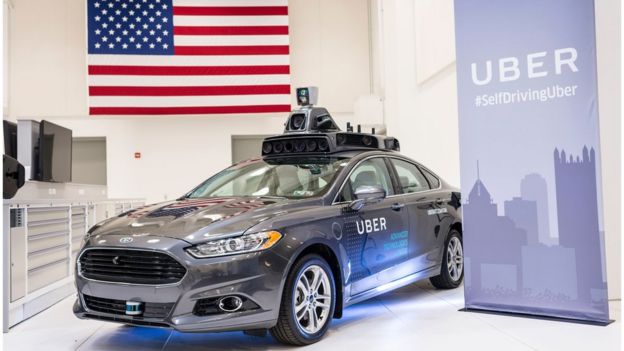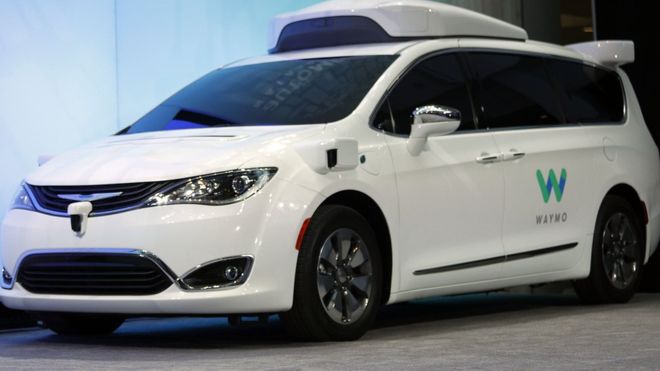The number of human interventions in journeys made by driverless cars from Google company Waymo in California more than halved in 2016.
There were only 124 "disengagement" incidents last year, where a driver had to take control of a test vehicle on public roads, down from 341 in 2015.
The cars drove nearly 636,000 miles last year, compared with just over 424,000 in 2015.
Other states in the US do not require such reporting.
The California Department of Motor Vehicles published the annual reports on Wednesday.
'Reckless behaviour'
"Disengagements are a natural part of the testing process that allow our engineers to expand the software' s capabilities and identify areas of improvement," Waymo said in its report.
The most common reasons for interventions in Waymo cars were "software discrepancies, unwanted manoeuvres of the vehicle and perception discrepancies", according to the company.
Of the 124 incidents, only 10 were caused by the "reckless" behaviour of another road user.
Beyond Waymo's impressive results, the news was generally good.
Cruise, the start-up leading General Motors' autonomous driving development, upped its testing in San Francisco markedly. It went from driving fewer than five miles in June 2015, to nearly 400 in June 2016.
It reported 414 disengagements in almost 10,000 miles of driving in 2016 overall.
For some companies the records show a very small amount of mileage covered by the autonomous cars.
 Image copyright Getty Images
Image copyright Getty Images
In other US states with self-driving regulations - including Nevada, Michigan, and Florida - there is no requirement for public disclosure of this type of data, which is why, for example, not much is known about Uber's autonomous vehicle testing.
Ford only reported 590 miles driven in 2016, all in the month of March. It only has two autonomous cars in California, but has a much larger fleet in Michigan, where reporting is not required.
Meanwhile BMW recorded one disengagement in its 638 miles of autonomous driving in March and April 2016, because lane markings on Highway 101 were not clear enough. The operator's reaction time
Source: BBC





